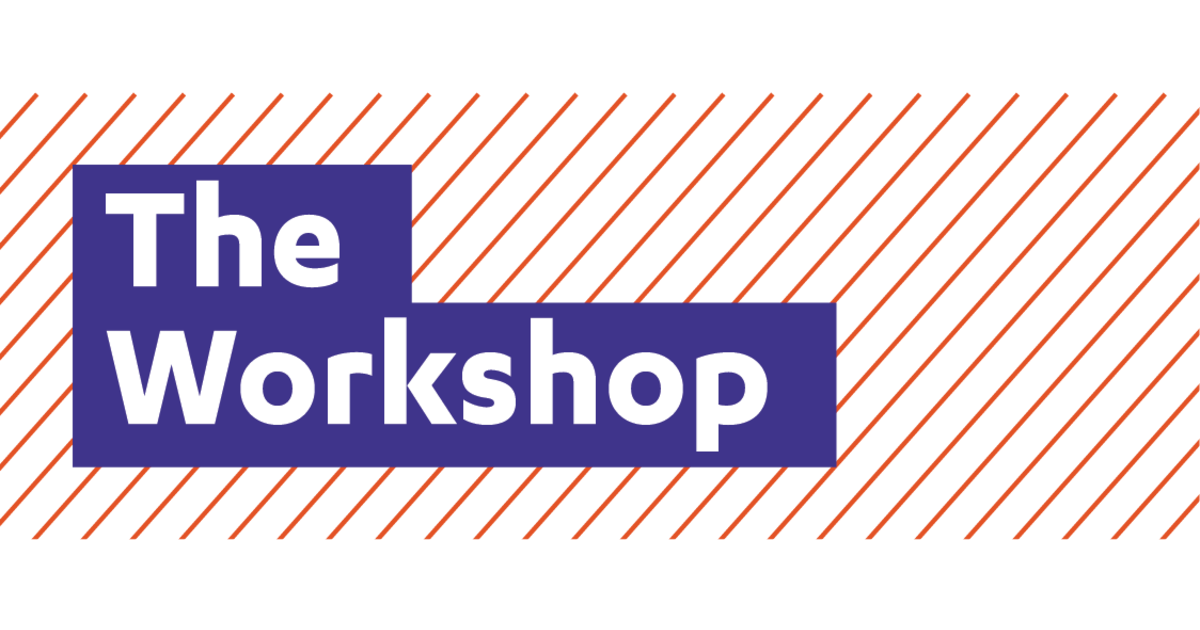Kia ora from Marianne
It’s been a while since we sent an email. After a flurry of work and emails looking specifically at the most effective ways to communicate about COVID, we’ve been catching up on other projects.
As part of this catch-up, we are merging our COVID specific newsletter into our main newsletter, which gives updates on all our evidence-led communication, research and training.
If you signed up to get tips specifically on how to talk about COVID, and you do not want to get our general newsletters, please use this link to opt-out. You can also unsubscribe at any time using the link included at the bottom of every email we send you.
If you signed up to get information generally about our research and training, thank you! That’s great and nothing changes for you. Although, you too can unsubscribe at any time using the link included at the bottom of every email we send you.
Some of our newsletters will be about communicating in the context of a global pandemic. Others will look more generally at narratives that build support for evidence-led solutions to complex social and environmental problems.
The topics will be as diverse as our research - which has so far included climate change, poverty, welfare, crime and justice, transport, emissions and drug laws. We’ll let you know when we publish new guides, and when we launch our online training courses (currently in production). We’ll also share examples of great communication when we find them, and links to interesting new research or writing about narratives for change.
If you choose to stay on the list, YAY! We’ll be in touch next week with an update on our latest research on how to talk about cannabis reform. Until then, here are some interesting things we’ve seen recently.
Notes from the Narrative Movement
Narrative power and collective action
Oxfam has produced an anthology of ‘diverse ways of knowing and doing narratives’. This is inspired by Oxfam’s recognition that narratives are a form of power, which can either enable change or embed and reinforce the status quo. They see an opportunity for those of us interested in narratives for change to ‘creatively and collectively act on narratives together’ and this anthology is part of their contribution to make that happen.
Cancel culture and the problem of ‘woke capitalism’
I finished reading this article in the Atlantic and immediately wanted to read it again. It’s complex and full of lines that I wanted to quote. It challenged me. I found myself nodding my head vigorously at some points and unsure if I agreed with the author at others. It does a great job of highlighting the difference between action at the individual level vs structural or systems change, and the values needed for the latter. A highly recommended read.
That’s it for this week. More on our research on how to talk about cannabis next week!
Until then, you can get guidance on narratives for change for transport, climate change and justice reform in our freely available message guides on our website.
Get in touch with rachel@theworkshop.org.nz if you would like to talk to us about how we can help you with specific advice or do training for your team
Marianne, Jess, Sharon, Lucia and Rachel, at The Workshop

